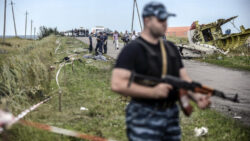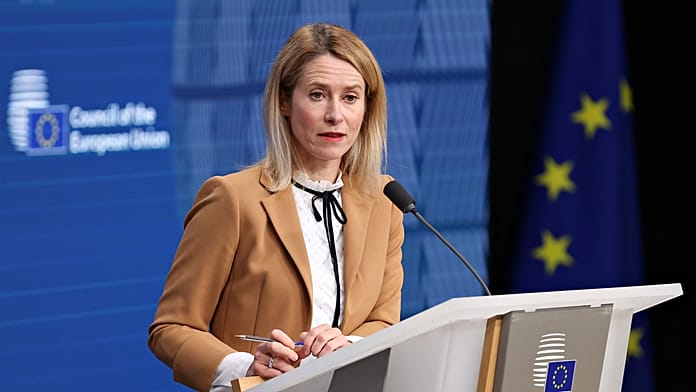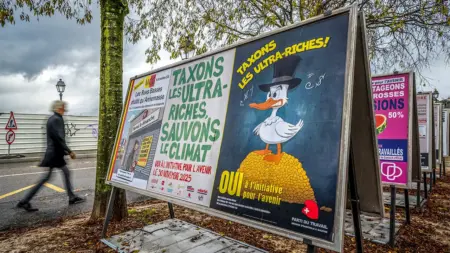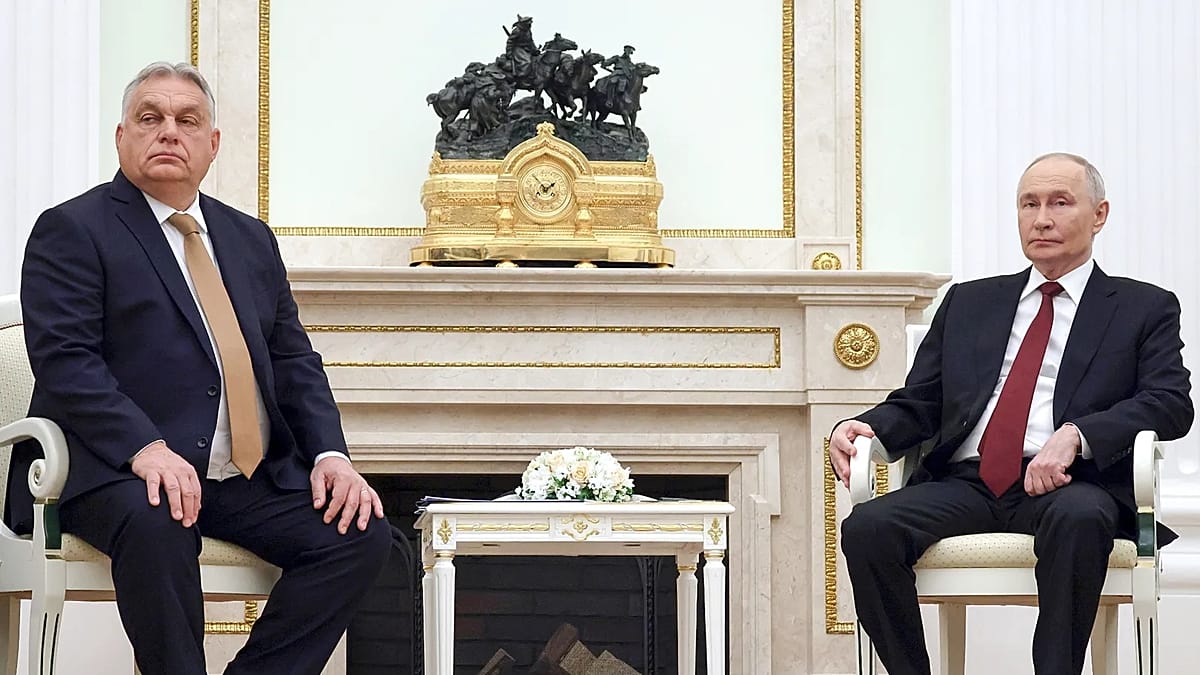International investigators said Wednesday there were “strong indications” that Russian President Vladimir Putin personally approved the supply of the missile that shot down Malaysia Airlines flight MH17 over Ukraine in 2014.
But the team said they were halting their probe into the disaster, since there was not enough evidence to prosecute more suspects and Putin has immunity as head of state in any case.
All 298 people on board were killed when a Russian-made missile slammed into the plane travelling from Amsterdam to Kuala Lumpur, sending it crashing to earth in separatist-held eastern Ukraine.
“There are strong indications that a decision was made at presidential level, by President Putin, to supply… the Buk TELAR” missile system, Dutch prosecutor Digna van Boetzelaer said.
“Although we speak of strong indications, the high bar of complete and conclusive evidence is not reached,” she told a news conference in The Hague.
The announcement comes less than three months after a Dutch court convicted two Russians and a Ukrainian in absentia over the downing of MH17.
Dutch Prime Minister Mark Rutte said the decision was a “bitter disappointment” but that “we will continue to call the Russian Federation to account”.
Russia has denied any involvement in the downing of MH17. It slammed last year’s court verdict convicting the three men as “scandalous” and politically motivated.
‘President’s decision’
But the chain of command was clear, said the Joint Investigation Team into the crash of MH17, which comprised the Netherlands, Malaysia, Australia, Belgium and Ukraine.
Russian officials even postponed a decision to send weapons to Ukrainian separatists because Putin was at a D-Day commemoration in France in June 2014, they said.
They played an intercepted telephone call from an advisor saying the delay was “because there is only one who makes a decision…, the person who is currently at a summit in France”.
Putin himself could also be heard speaking about a “military component” in another call with a separatist leader from the Lugansk region.
Other officials such as Russian Defence Minister Sergei Shoigu did not have the necessary decision-making power and “this was ultimately the president’s decision”, they said.
However, with a lack of cooperation from Moscow and a dearth of witnesses willing to come forward, the case has now ground to a halt.
“All leads have now been exhausted, the investigation is therefore being suspended,” van Boetzelaer said.
Putin himself was untouchable — for now at least.
“The president of the Russian Federation enjoys, at the very least, immunity under international law in view of his position as head of state,” added the Dutch prosecutor.
“Only after he is head of state we can look into what’s next.”
‘Disappointment’
The victims of the disaster — which triggered international outrage and sanctions against Russia — came from 10 countries, including 196 Dutch, 43 Malaysians and 38 Australian residents.
Families of the victims said they were disappointed by the decision to halt the investigation.
“We had hoped for more — but we didn’t count on it,” said Piet Ploeg, chairman of the MH17 foundation, who lost his brother, sister-in-law and nephew on MH17.
Investigators said they felt they had achieved more than they thought possible in 2014.
“Would we have liked to come further? Of course, yes,” said Andy Kraag, head of the Dutch National Criminal Investigation Department, adding that “the answer remains in Russia.”
Australian Federal Police Assistant Commissioner David McLean added that “the disappointment would settle on us I think if we felt we hadn’t done all we could do.”
The MH17 probe has not closed and will keep its hotlines and website open, officials added.
The evidence it has gathered could also be used by other tribunals including the International Criminal Court, or the European Court of Human Rights, which has ruled that most complaints lodged by the Netherlands against Russia are admissible.
The three men convicted last year — Russians Igor Girkin and Sergei Dubinsky and Ukrainian Leonid Kharchenko — remain at large and are unlikely to ever serve their life sentences.
Girkin has since become a high-profile critic of Russia’s military policy in Ukraine, criticising earlier retreats by Moscow’s troops.
(AFP)





